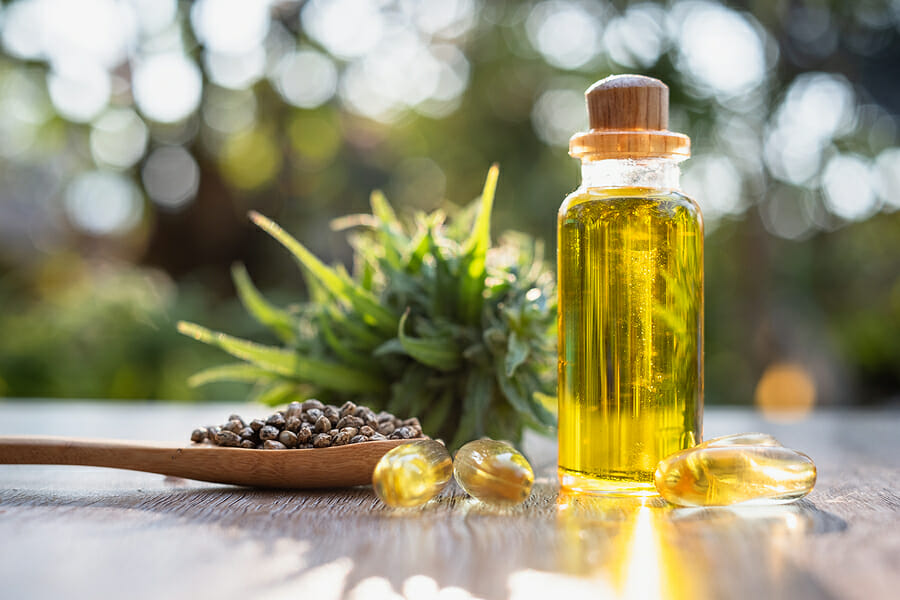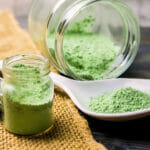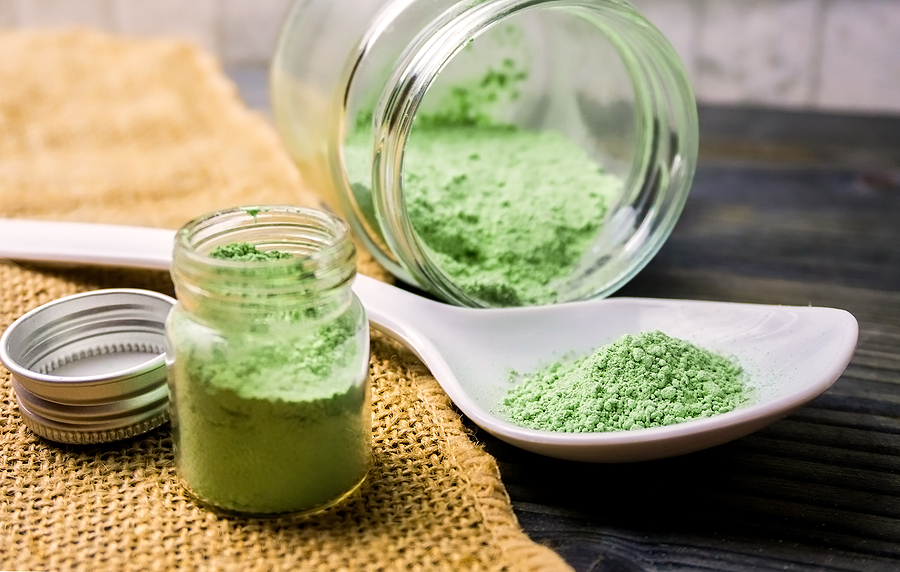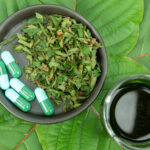There’s quite the hype about using cannabidiol or CBD products for personal wellness. Humans have started trusting herbs instead of other means to treat their health conditions more naturally. Until recently, kratom, cannabis, and marijuana were illegal to produce and consume.
But thanks to the research conducted on the medicinal side of these mystical plants and state laws that made cannabis partially legal. According to these legislations, hemp-based CBD products with lesser than 0.3% of tetrahydrocannabinol (THC) content are legal. However, the FDA has not yet approved CBD products’ usage for treating physical or mental health conditions.
Individuals have to choose between CBD-isolate products or cbd distillate products for personal use. However, there are three chief extracts of CBD. The two prominent are full-spectrum and broad-spectrum CBD extract. This piece will learn the difference between CBD distillate and broad-spectrum CBD.
What Is CBD Distillate?
In the most straightforward words, CBD distillate is a gilded viscous oil that is nothing but the refined 70-80% of CBD extract from the hemp plant. Making CBD Distillate starts dissolving hemp biomass using solvents like ethanol or carbon dioxide under high pressure. Distillate also includes a tiny number of other cannabinoids.
After the dissolving process, CBD crude should be passed through a highly recommended process called winterization. It involves rinsing the CBD crude with an alcohol wash and letting the hemp extract freeze overnight.
Once done with the winterization, a raw hemp extract arrives on the table from hemp trichomes. This extract is condensed and evaporated to obtain the finest CBD Distillate from the earlier CBD crude. Using different level boiling points, all the solvents, waxes, lipids, and chlorophyll are removed from the crude to obtain the purest CBD Distillate.
What Does Broad-spectrum CBD Mean?
Broad-spectrum CBD is a CBD extract containing several cannabis plant cannabinoids and compounds like cannabinol, cannabichromene, and terpenes but no tetrahydrocannabinol (THC). Despite the precise process of obtaining broad-spectrum CBD, a few products might still contain minor traces of THC. It entirely depends on the process through which broad-spectrum CBD is derived. A few methods for broad-spectrum CBD extraction are:
- Distillation of steam
- Extraction of solvent
- Extraction of carbon dioxide
- Extraction of lipid
Defining whether the CBD is full-spectrum or broad-spectrum depends on the cannabis plant, the strain, and the extraction process. Although to conclude, we can say that broad-spectrum CBD falls somewhere between full-spectrum and CBD isolate even if it contains various other compounds but lacks the presence of THC.
Is There Any Difference Between The Two?

The answer to this is a tricky yes and no. Distillation is purifying and extracting the purest CBD extract from the hemp plant, and the final product is called CBD Distillate. CBD Distillate has only the most refined THC and CBD molecules in it.
On the other hand, broad-spectrum CBD is a product that contains several other terpenes and cannabinoids along with CBD. Therefore, it might even produce entourage effects. Mostly, there is no THC found in the broad-spectrum CBD. However, there are minor traces of THC in it at times.
You can understand how CBD distillate and broad-spectrum CBD are different from the above explanation. The former includes THC molecules, while the latter excludes it. And the critical difference between both is that of the THC content. However, the three chief types of CBD distillates include full-spectrum, broad-spectrum, and other CBD distillates. Let’s understand why.
After the oil extract is available from the Cannabis Sativa plant, known as CBD distillate, an additional remediation process is undertaken to remove the cannabinoids from the available extract. For this purpose, advanced chromatography is used to segregate THC and other cannabinoids by leveraging the individual molecule polarity to achieve broad-spectrum CBD distillate.
The good news is that broad-spectrum CBD Distillate does not give you a ‘high’ and produces no psychoactive effects. Moreover, an authentic broad-spectrum CBD Distillate has been produced and certified under CGMP principles and regulations. Usually, a broad-spectrum CBD Distillate contains over 92% cannabidiol (CBD) and around 6% or more cannabigerol (CBG).
Recap
Now you know what CBD Distillate and broad-spectrum CBD mean. CBD Distillates have multifold potential advantages that cover the benefits of both full-spectrum and broad-spectrum CBD oil. At the base, both are different. However, both can bind and make one of the most outstanding CBD products.
With the CBD wellness market growing surprisingly and a pool of people willing to explore the different products, there is no question that CBD products will surge the supermarkets super soon. Many people are already using products like cbd cream for scars. Today also, retailers sell many CBD Distillate topicals, edibles, and pet treats in their stores.
Hence, while making a purchase, you should study the extract used in completing that product and look for a certificate of analysis to understand the proportions of different cannabinoids in the extract.
Image Source: BigStockPhoto.com (Licensed)
Site Disclaimer
Marijuana is a Controlled Substance under the Controlled Substance Act (21 U.S.C. 802) (“CSA”) and the cultivation, distribution, and possession of marijuana is a crime under federal law. Keep all marijuana and marijuana products out of reach of children and animals. Intoxicating effects of marijuana and marijuana products may be delayed. Use of marijuana while pregnant or breastfeeding may be harmful. Consumption of marijuana and marijuana products impairs your ability to drive and operate machinery, please use extreme
Related Categories: CBD







